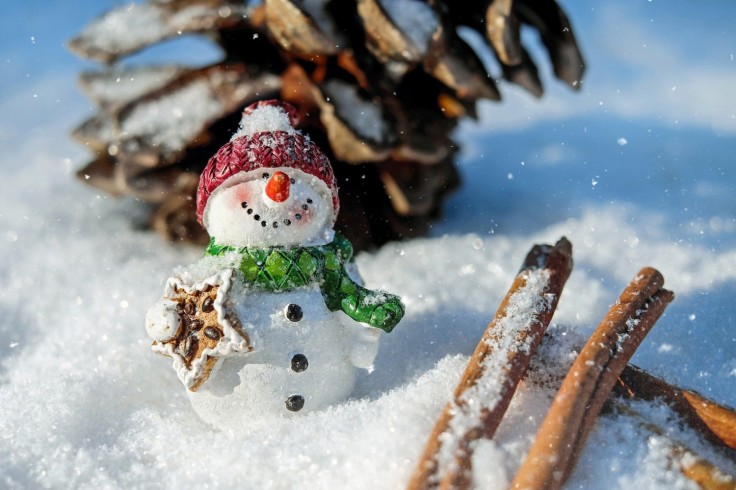
Activities during the wintertime, including sledding, making and throwing snowballs, and ice skating, are fun. Doing these activities is one of the ways for children to get the 60 minutes of daily exercise they need, per Healthy Children. However, this is when children are exposed to freezing weather for too long, and without warm, dry, breathable clothes, they can get sick or even have life-threatening hypothermia.
Allowing a toddler to play outside in temperatures or wind chills below -15 degrees F should always be avoided as the risk for sickness is too high. When the temperature hits 20 degrees or lower, the temperature is too cold for a baby already. If your child must be outside in extreme temperatures, take measures to ensure your kid is not exposed to the elements for more than a few minutes at a time.
When kids are exposed to extreme temperatures, their bodies will lose heat faster than it can be produced. Prolonged exposure will gradually use up the body's stored energy and result in an abnormally low body temperature.
Read Also : Florida Mom Opens up About Adopting Four Children and Feels Fortunate To Be a Single Parent To Loving Kids
What should parents bear in mind during cold weather?
Young ones are more at risk from the cold than adults because their smaller bodies quickly lose heat. Kids having fun may be less likely to come inside when they're getting too cold as they focus more on enjoying themselves.
Unfortunately, the severity of a cold can impact brain function negatively. For example, extreme coldness can result in hypothermia, leading to confusion and disorientation. This also causes headaches, increases stress levels, and irritates damaged nerves.
Kids, especially those with weak immune systems and health issues, are not recommended to expose themselves to extreme weather as cold temperatures cause the blood vessels to constrict, shallow breathing, and a slight thickening of the blood. Such changes can cause chest pain for those who have heart disease. Thus, when needed to go outside, make sure to wrap up warm and be careful to cover up extremities.
Cold weather suppresses the immune system, which allows infections to increase. Kids who spend time outside may catch several infectious organisms, such as flu viruses, that thrive in colder temperatures, per Harvard Health Publishing.
Can parents take out newborns in winter?
Although parents and guardians can take their newborns outside during the winter, they need to follow safety precautions. When the temperature outside gets below freezing, babies, especially newborns, are not allowed to go out, and even when it is above freezing, the wind chill can harm the infant.
Babies should be kept at optimal temperatures to conserve energy and establish reserves. This is very important, especially when babies are sick or premature.
Exposure to cold weather can trigger sickness, usually sneezing, wheezing, or a runny nose and cough. Parents must keep their babies indoors as breathing in cold, dry air can worsen the symptoms. One sign that your child is feeling cold is when they cry, as the change in temperature makes the baby cry.
Healthline suggests always keeping an eye out for shaking, shivering, or grayish-colored skin.
Related Article : Frostbites Prevention & Red Flags: Know These Early Warning Signs In Babies To Watch Out For